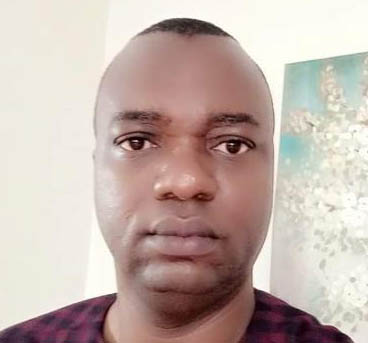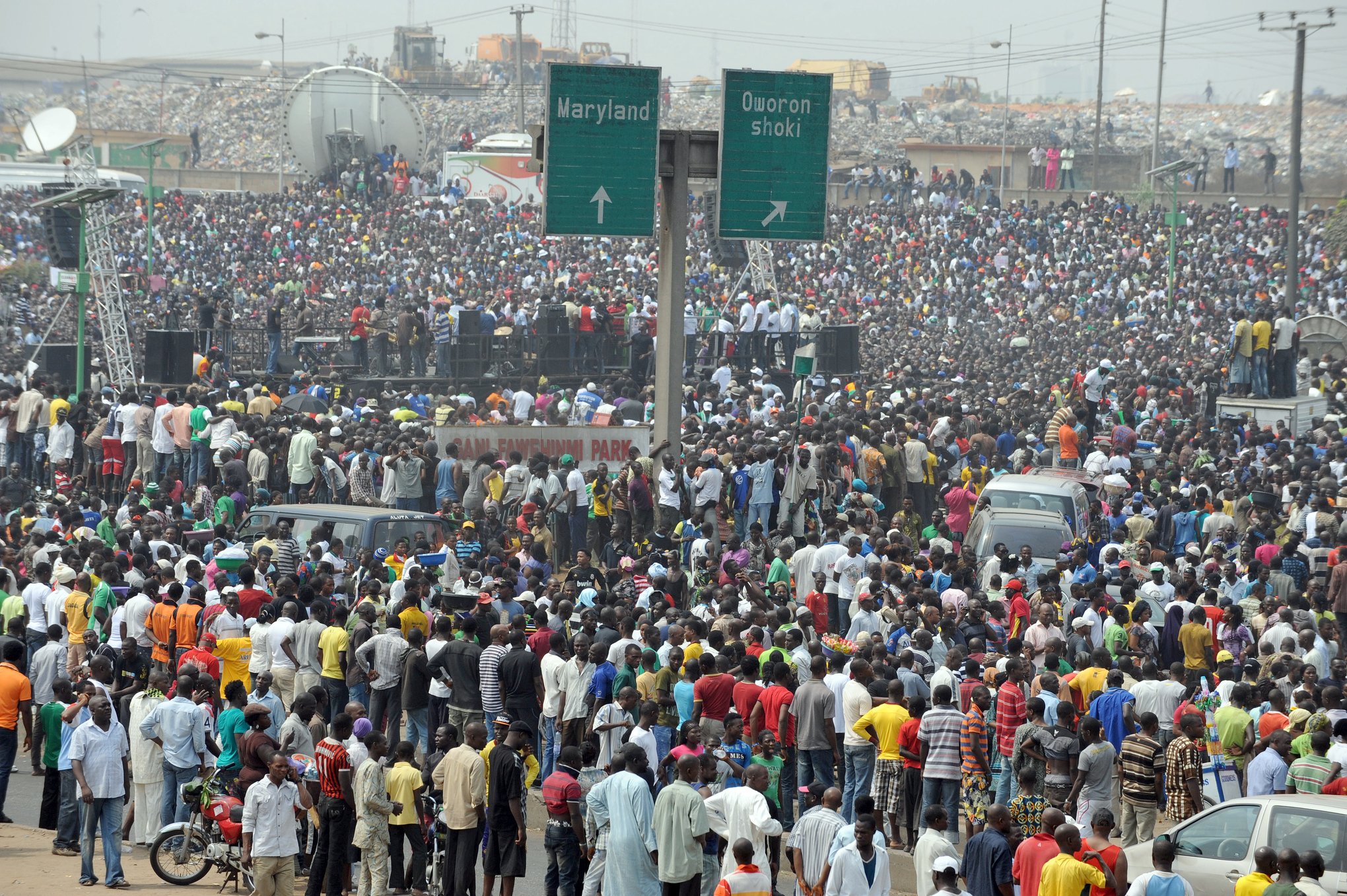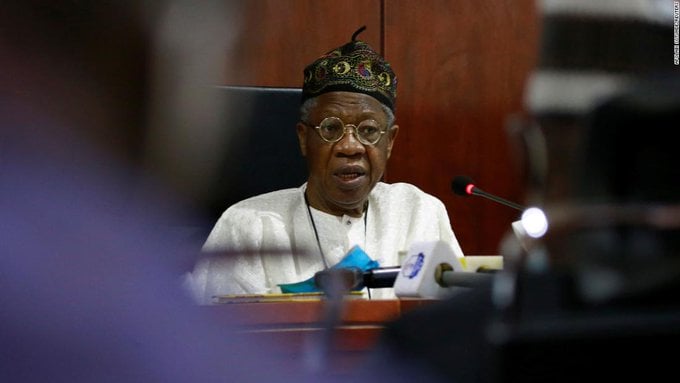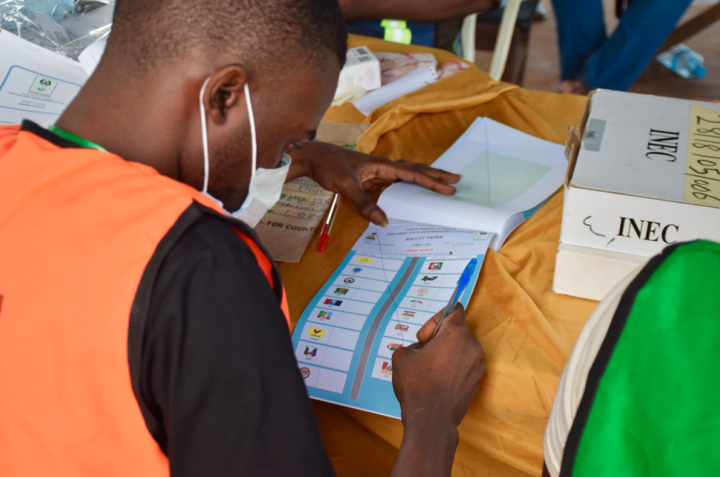At a budget defence session in the House of Representatives some days ago, the management of the National Commission for Refugees, Migrants and Internally Displaced Persons, was asked to furnish the lawmakers with a comprehensive database of all the refugees, migrants and the Internally Displaced People (IDP) in the country.
The request was intended to “bring about effective tracking mechanism for providing adequate care and protection to the vulnerable; and gauge the level of humanitarian needs the commission is expected to cater for, and appropriate accordingly”, according to the chairman of the House Committee on IDPs and Humanitarian Matters, Muhammad Jega. That was where the bubble burst.
To the surprise of many, the agency which was in the House to defend its 2021 budget and also give account of the N5.7bn appropriated for it as capital and recurrent expenditure in 2020, did not have a reliable database of the people it was set up to cater for.
This obvious lapse which borders on poor prioritization, rankles immensely, especially coming from an important agency with the mandate to provide, care for the needs and protect the interest of the most vulnerable Nigerians. The natural question, thus, is on how a government institution entrusted with welfare of a critical section of the population, could have meaningful plans without necessary data. This is especially in Nigeria with its growing numbers of IDPs occasioned by the intractable insecurity crisis.
Advertisement
This should ordinarily give cause for concern. But Nigeria is a joke when it comes to data and record keeping by its institutions. Just recently there emerge a viral video of the Managing Director of the Nigeria Commodity Exchange Commission, Mrs. Saheera Baba-Ari, who embarrassingly couldn’t provide current or estimated prices of common commodities in the market, when she appeared before a senate committee, even when she was asked repeatedly.
Incidentally, even the National Assembly is also guilty of such official negligence and failure to invest in record keeping infrastructure. As reported by 365Daily, recently, it is shocking that 21 years after the return of democracy, NASS does “not have a database where it stores its proceedings.
According to the news medium, “This comes as the legislature has over the last three years, received a budget slightly below N400 billion.
Advertisement
“As a result, committees and other departments of the Senate and House of Representatives do not have a source from which to retrieve data, especially concerning work previously done by other assemblies – which, perhaps, explains why many motions and bills raised on the floor of the two chambers are often repeated.”
The report stated that as a “matter of grave concern, the inability of the parliament to establish a standard data bank remains puzzling, as huge sums of money continue to be allocated to the legislature in annual budgets, without anyone bothering about the lack of a functional critical resource such as a library. Yet, the legislature continues to spend billions of naira annually on renovation and welfare of lawmakers.”
That perhaps explains why Nigeria continues to gyrate aimlessly on all fronts, like an unmanned canoe in an embrace with a whirlwind in the middle of the sea. Without record of yesterday, how does a nation measure the achievements of today and have an accurate projection for the future?
But more troubling in this Information Age, is that Nigeria as a nation doesn’t know its actual population. And as such, whatever Nigeria is doing as regards national and economic planning, is at best, a guess work based on estimates that are not supported by reliable demographics.
Advertisement
The country, for instance, hasn’t had a headcount in the past 14 years. Even the last census done in 2006 and the previous others, were so enmeshed in controversy that they lack basic tests of validity and reliability.
So, we continue to depend on foreign institutions like the World Band, International Monitory Fund (IMF) and the United Nations (UN) to tell us our population, and vital demography even when many believe that their data is always tainted by the usually biased western ‘poverty-ridden, corrupt and irresponsible leadership, third world narrative.’
This perhaps, accounted for the shock when the former chairman of the National Population Commission (NPC), Eze Festus Odimegwu, stated that Nigeria’s census “figures are just guesstimates; nobody knows whether the population is 120 million, 150 million, 200 million – not Nigerian, not the NPC, the UN, the World Bank”. Odimegwu insisted that, “Unless you conduct a proper census, which has never been done without political interference, it is not possible to know.” Unfortunately, rather than facing the issues he raised, he was given the boots. And we have remained where we were.
But who do we blame? The UN recommends that census should be conducted at least every 10 years. Successive governments however appeared to be unconcerned about census, probably because of what some people term as political considerations. Political leadership in Nigeria is so fixated with power and the next election to bother about census.
Advertisement
Recently on a visit to NASS, the newly appointed Chairman of the NPC, Nasir Isa Kwarra, was asked when the commission would likely conduct the next census. His response was that the agency does not have the money for such exercise. He also said that it’s the prerogative of the president to make a declaration for such an exercise to take place.
The value a proper census would add to economic/nation planning shouldn’t be over emphasized. Such exercise would help provide answers to some of Nigeria’s nagging questions that would engender a more precise approach to economic planning. Apart from telling us our numbers, it would also provide vital demographics such as the percentage of the sexes, the old, youths, employed, unemployed, homeless, number of people in each household, breadwinners in each homes and how many people are dependent on them, the physically challenged, among others.
Advertisement
However, for what many attribute to selfish political considerations, successive governments have displayed a disappointing lack of will to conduct census in order to update our numbers and national population demographics, that would provide accurate database for proper national planning.
And as long as Nigeria remains in the dark as regards her exact numbers, spread and characteristics of her population, many of her citizenry would remain invisible to government and its programmes. And that negates the essence of democracy.
Advertisement
Dibiana is a development journalist and can be reached via [email protected].
Advertisement
Views expressed by contributors are strictly personal and not of TheCable.
Add a comment







